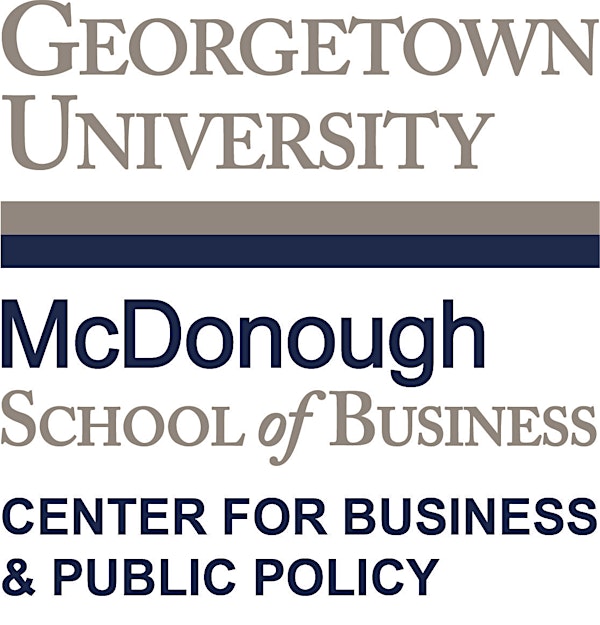
Has TTIP Run Out of Gas? How to Refuel and Kickstart it
Date and time
Location
Rayburn House Office Building
45 Independence Ave SW Room B-318 Washington, DC 20515Description
Featuring:
Introduction & Opening Remarks: Bob Vastine, Senior Industry and Innovation Fellow, Georgetown Center for Business and Public Policy
Panel Discussion:
- Tim Bennet, Director General/CEO, Trans-Atlantic Business Council
- Kathryn Hauser, Managing Partner, Policy Connections International
- Charles S. Levy, Partner, Cassidy Levy Kent
-
Linda Dempsey, Vice President, International Economic Affairs, National Association of Manufacturers
-
Moderator: J. Bradford Jensen, Professor, Georgetown University and Senior Policy Scholar, Georgetown Center for Business and Public Policy
The Transatlantic Trade and Investment Partnership appears to be dead in the water. Announced in June 2013 with presidential fanfare and exceptionally far-reaching goals, the agreement, which Prime Minister Cameron called the "most important trade pact of all time", has stalled over a number of issues, some of which are well-entrenched in EU-US commercial practice.
Issues such as the protection of foreign investment, data flow, geographic indicators, trade in services, including cultural and maritime services, are among the issues holding up the talks. One of the most ambitious goals, building "regulatory compatibility", has stalled on the United States' refusal to include financial services in the talks.
The stakes are really very high. Every day, goods and services worth $2.7 billion are traded between Europe and the United States, which together account for half of world GDP.
Intended to be negotiated quickly, "on one tank of gas", many knotty issues impair progress. TTIP does offer an opportunity to move past them, but TTIP leaders seem to have lost sight of the partnership's broad strategic purposes and economic benefits. Many believe TTIP is too important to abandon or downsize.
The question is, how can it be restarted?
Organized by
The Georgetown Center for Business and Public Policy is an academic, non-partisan research center whose mission is to engage scholars, business people, and policymakers in relevant inquiries and dialogue to inform key business, economic and public policy issues confronting American and international businesses today. Housed at Georgetown University’s McDonough School of Business, the Georgetown Center was created in 2002 to encourage thoughtful discussion and to document and disseminate knowledge on a range of issues in the public interest.